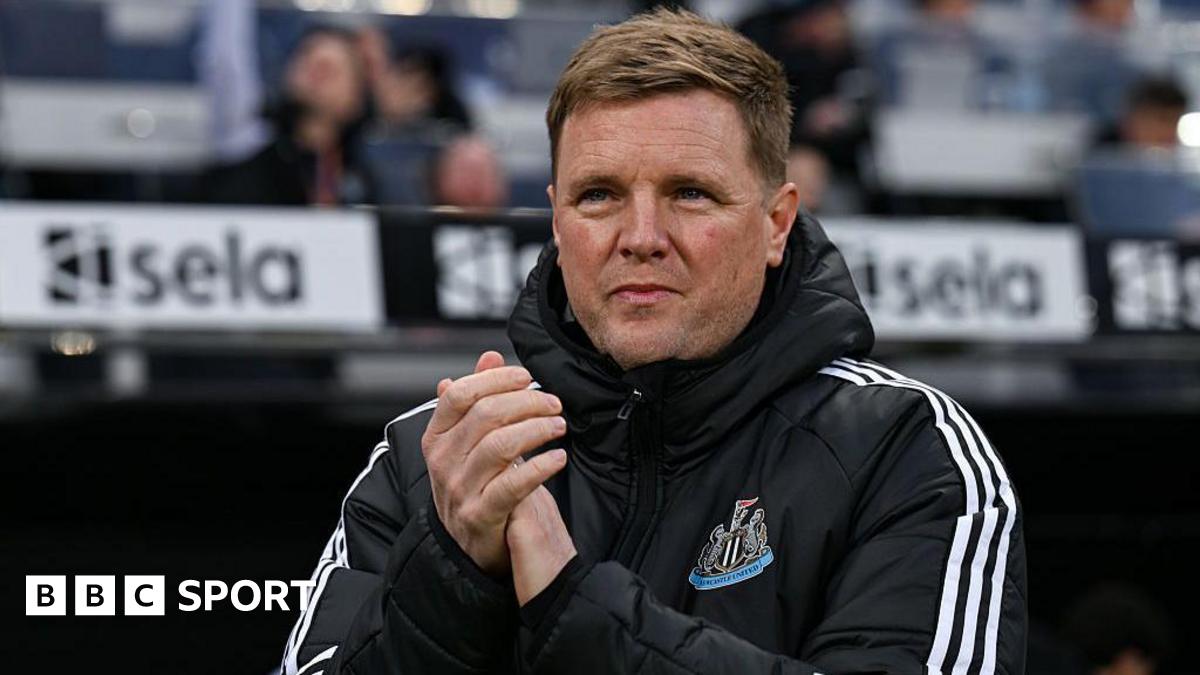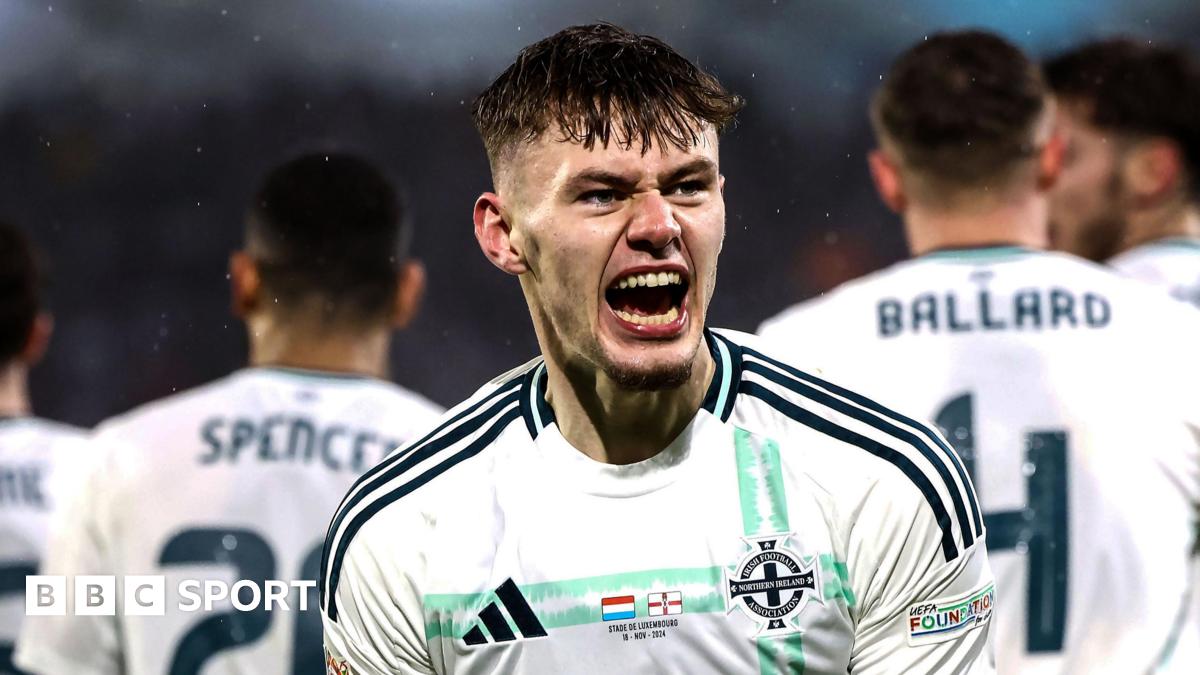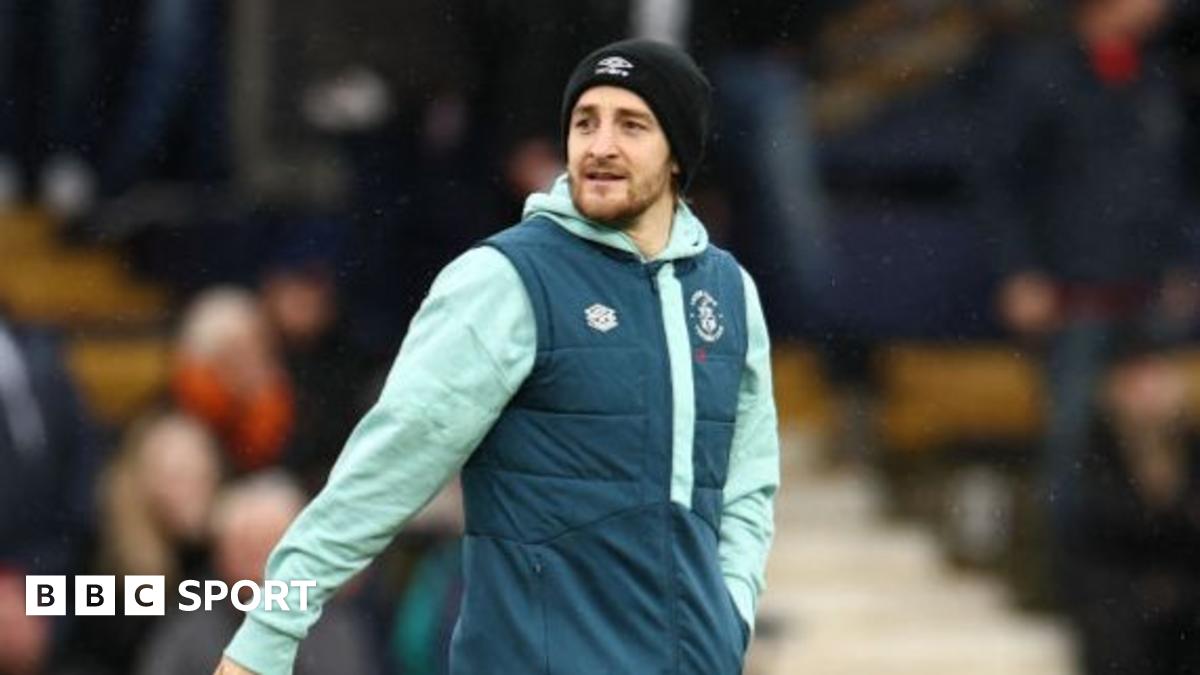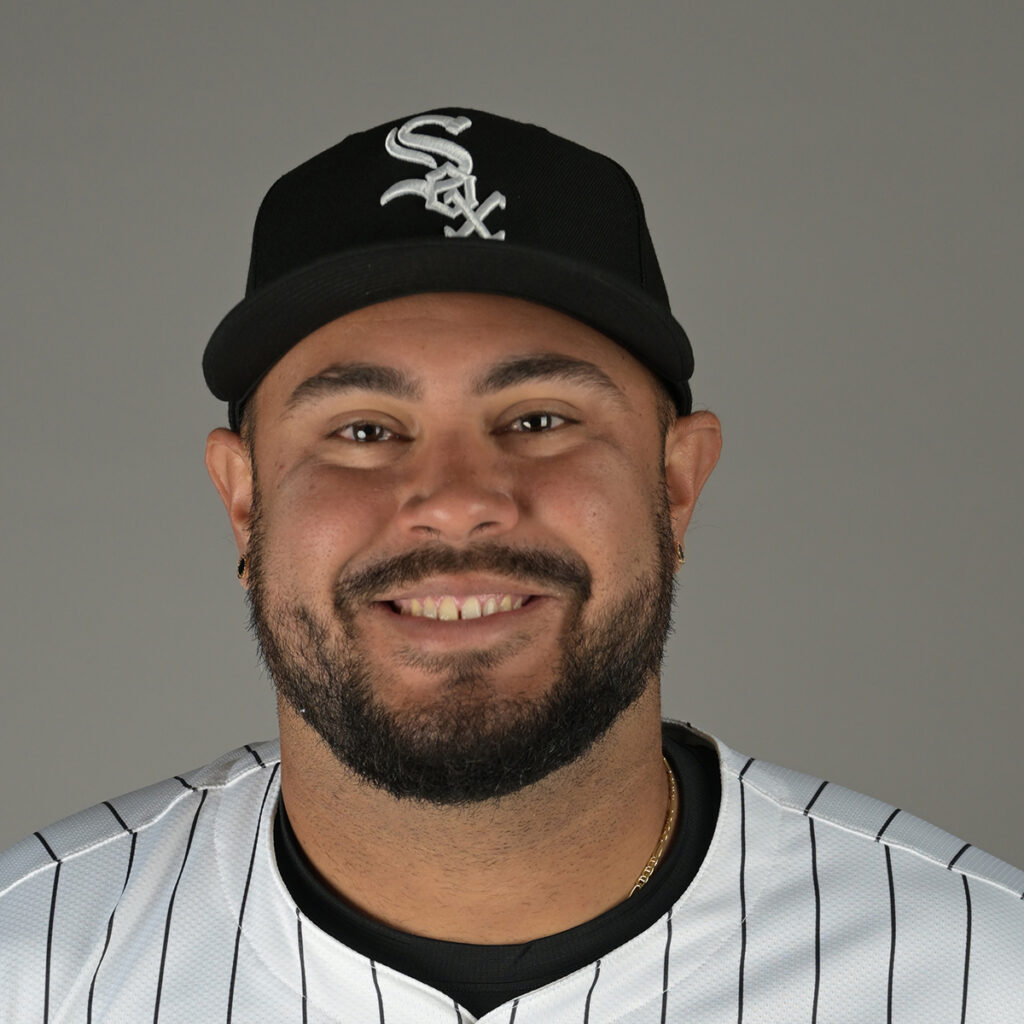Kirk Cousins Trade Speculations Stirring in Atlanta Falcons Camp

In the ever-evolving landscape of the NFL, the Atlanta Falcons find themselves at a significant crossroads regarding their quarterback situation. Just last year, the franchise made headlines by committing a staggering $100 million to quarterback Kirk Cousins. This decision came approximately six weeks prior to the Falcons drafting quarterback Michael Penix Jr. as a top-10 pick, a move that has certainly raised eyebrows and sparked intense discussions among fans and analysts alike.
Fast forward to this year, and the looming specter of a potential trade involving Cousins hangs heavily over the team. The anticipation surrounding this possibility reached a fever pitch during a pre-draft press conference held on Wednesday, where General Manager Terry Fontenot took the opportunity to address a recent report from ESPN. The report suggested that the Falcons were seeking a new team willing to absorb $20 million of the $37.5 million in guaranteed money remaining on Cousins's contract.
Fontenot, while maintaining an air of discretion typical of NFL executives, responded to the trade speculation with caution. We havent put . . . a number on it, he clarified to the assembled reporters, emphasizing the complexity of player transactions and the confidentiality surrounding such discussions. We wouldnt share specific conversations with what were doing, but no, we havent to answer your question we havent put a specific number on it. This statement undoubtedly left fans and analysts pondering the team's actual intentions.
Further asserting the ambiguity of the situation, Fontenot later reiterated his stance, declaring it not accurate to assert that they have fixed a specific figure regarding Cousins's potential trade. This lack of clarity only fuels speculation about the franchises future direction as they navigate the murky waters of contract negotiations and trade discussions.
Adding another layer of complexity to the situation is Cousins's no-trade clause. This contractual provision grants him considerable leverage, as he holds the final say on whether any trade takes place. The implications of this clause cannot be understated; it is difficult to envision Cousins agreeing to a trade to a team that does not intend to install him as the starting quarterback. From his perspective, if he is merely going to find himself in a backup role, it raises the question: why not remain with the Falcons where he is already situated?
Moreover, it appears prudent for Cousins to continue participating in workouts at the Falcons' team facility. Should he sustain another Achilles tendon injury during training at the facility, he would still be entitled to his guaranteed salary. However, if he were to suffer a similar injury while working out independently at a local gym, such as Planet Fitness, the Falcons could potentially void his remaining guarantees, allowing them to sever ties and move forward without him.
As the NFL draft approaches and the Falcons weigh their options, the situation surrounding Kirk Cousins will undoubtedly remain a focal point of discussion among fans, analysts, and the wider football community.

























